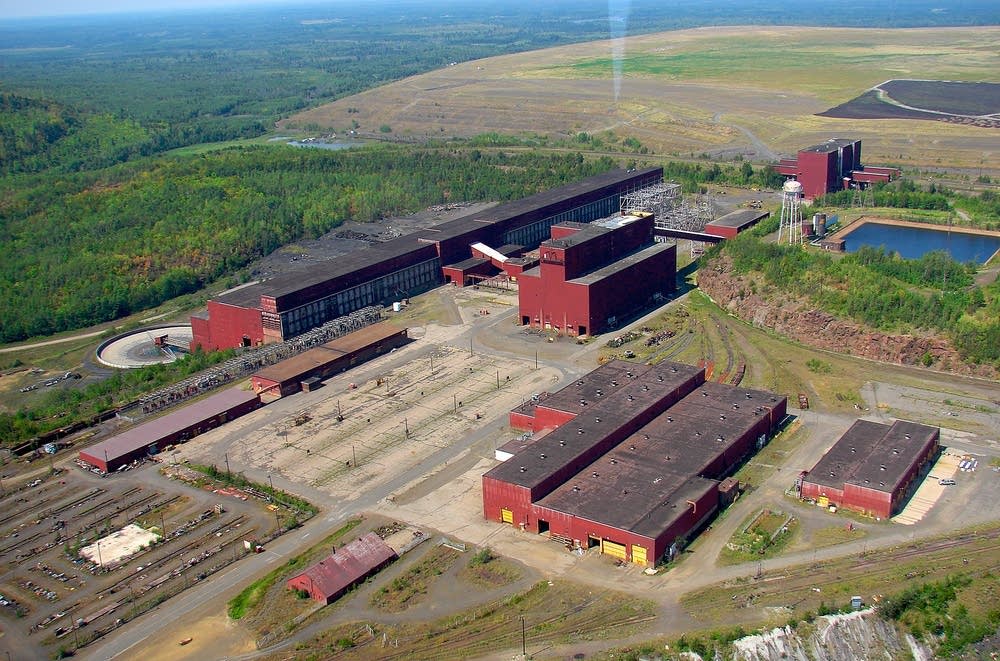Minnesota court orders review of water permit for PolyMet mine

The Minnesota Court of Appeals on Monday ordered state regulators to reconsider a wastewater permit that was granted to PolyMet Mining Corp to build an open-pit copper mine, though judges rejected six other challenges to the permit from environmentalists.
The appeals court ordered the Minnesota Pollution Control Agency to reconsider whether any groundwater runoff from the proposed mine would pollute navigable waterways.
The decision does not cancel the permit but it does further delay the timeline for when construction could begin on the $1 billion project at a time when the United States is trying to boost production of copper and other metals needed for electric vehicles.
PolyMet received a state permit to discharge water from its proposed mine site about 200 miles (322 km) north of Minneapolis in late 2018. Shortly after that, three environmental groups sued to challenge the permit. The case wound its way through the court system before Monday’s ruling at the appeals court, which sits below the state supreme court.
If the agency finds that the mine would pollute the waterways, it may fall under the jurisdiction of the federal Clean Water Act, which would impose more regulatory oversight. There is no timeline for this latest round of review.
The appeals court rejected six other challenges to the water permit, some of which centered on procedural questions.
Both the company and environmentalists claimed victory after the ruling. Shares of PolyMet, which is controlled by mining giant Glencore Plc, were up nearly 7%.
For St. Paul, Minnesota-based PolyMet, the mixed ruling holds promise a permit could eventually come. “This will mean a little more process, but it gives us a clear roadmap to the reactivation of this permit,” said Jon Cherry, PolyMet’s chief executive. PolyMet has said it believes it can develop the project in a way that protects the environment.
For environmentalists, the order to reconsider the permit showed the court has concerns about PolyMet’s ability to the operate the mine safely.
“We reject PolyMet’s argument that we need to destroy the environment in order to save the environment,” said Chris Knopf of the Friends of the Boundary Waters Wilderness, a nonprofit conservation group.
Separately, the state’s Department of Natural Resources is reconsidering two other permits needed for the project.
(By Ernest Scheyder; Editing by David Gregorio)
{{ commodity.name }}
{{ post.title }}
{{ post.date }}




Comments